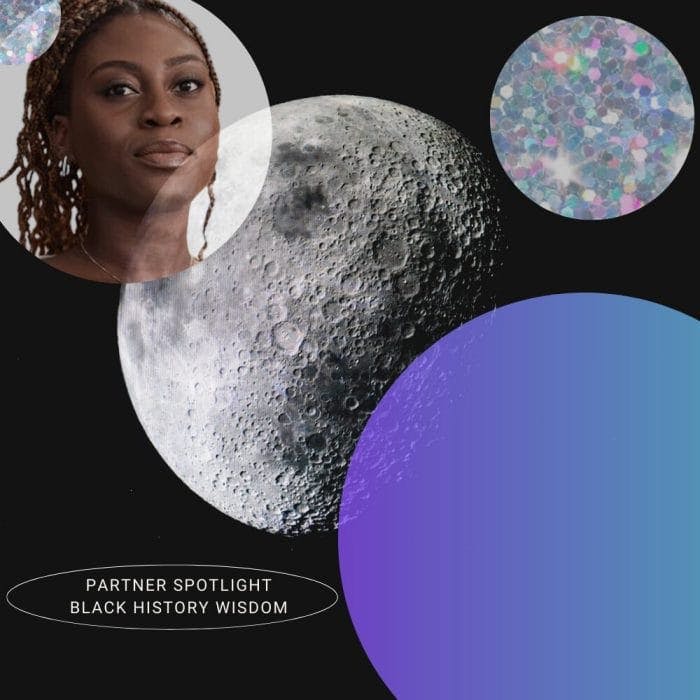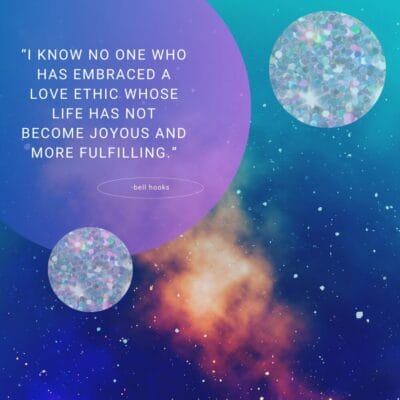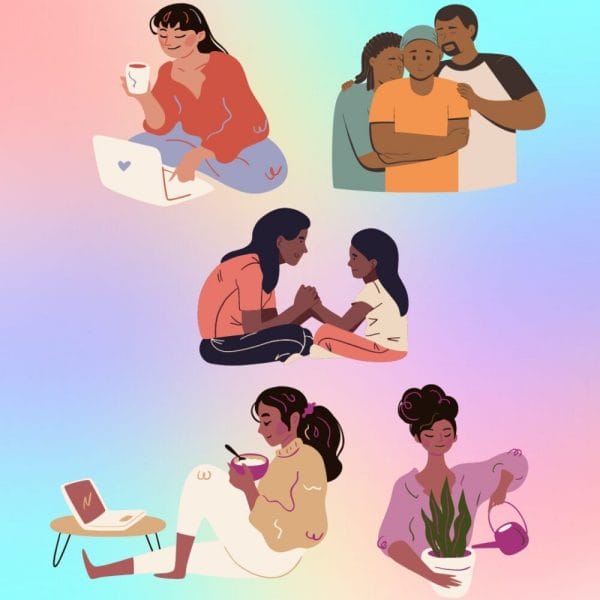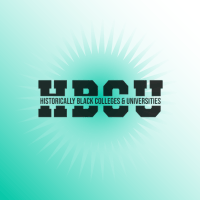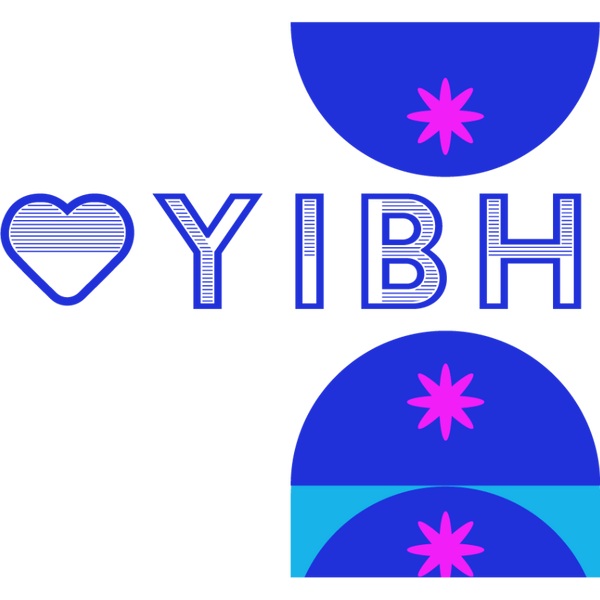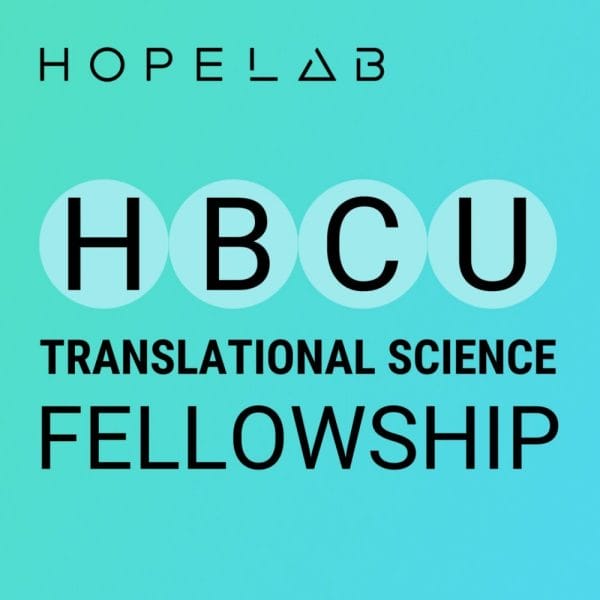This Black History Month, Hopelab is excited to celebrate moments, people, and wisdom that continue to shape our culture and communities. Bruny Kenou, mental health activist, medical student at the George Washington School of Medicine, and Health Sciences and Community-based Tech Fellow at Hopelab, challenges us to live with more joy and fulfillment in our lives by embracing the wisdom of author and activist bell hooks.
The following was written by Bruny Kenou and shared with the Hopelab staff. It has been edited for length and clarity.
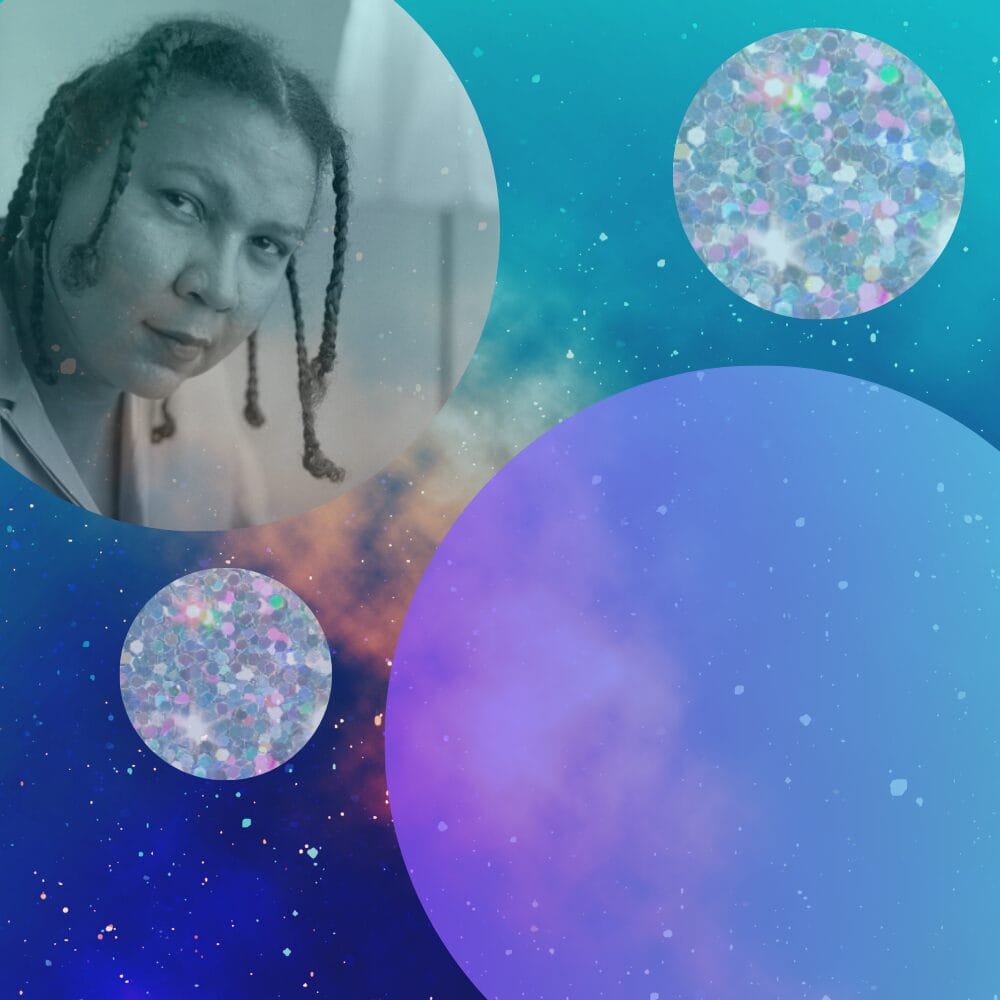
bell hooks, African-American author, feminist, and social activist
As we head into the first few days of Black History Month, I want to introduce a concept by one of my favorite African American writers, bell hooks, known as “love ethic.” What is love ethic, you ask? A love ethic focuses on prioritizing human life and well-being over wealth. It stands in opposition to capitalism, racism, and patriarchy. In bell hook’s All About Love: New Visions, she writes, “Living by a love ethic, we learn to value loyalty and commitment to sustain bonds over material advancement. While careers and making money remain important agendas, they never take precedence over valuing human life and well-being.”
